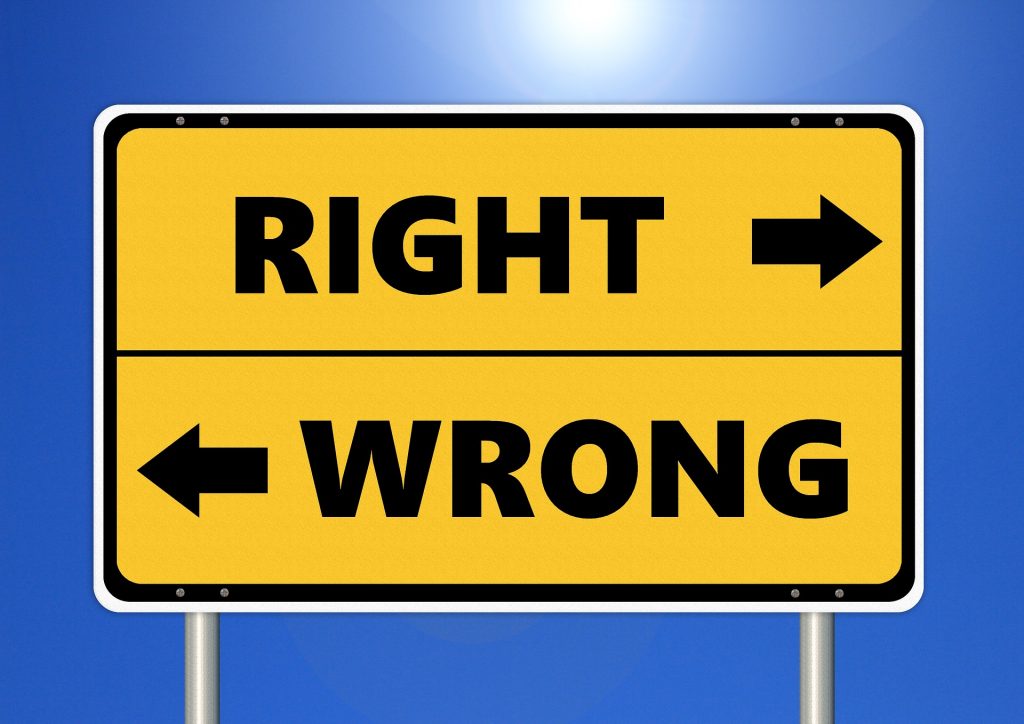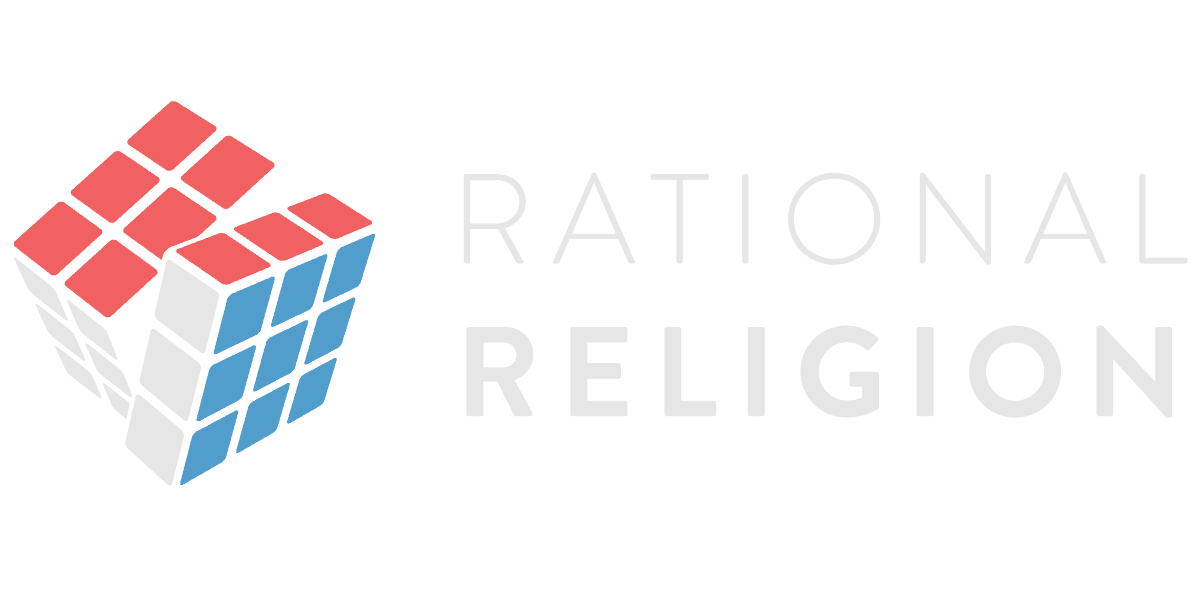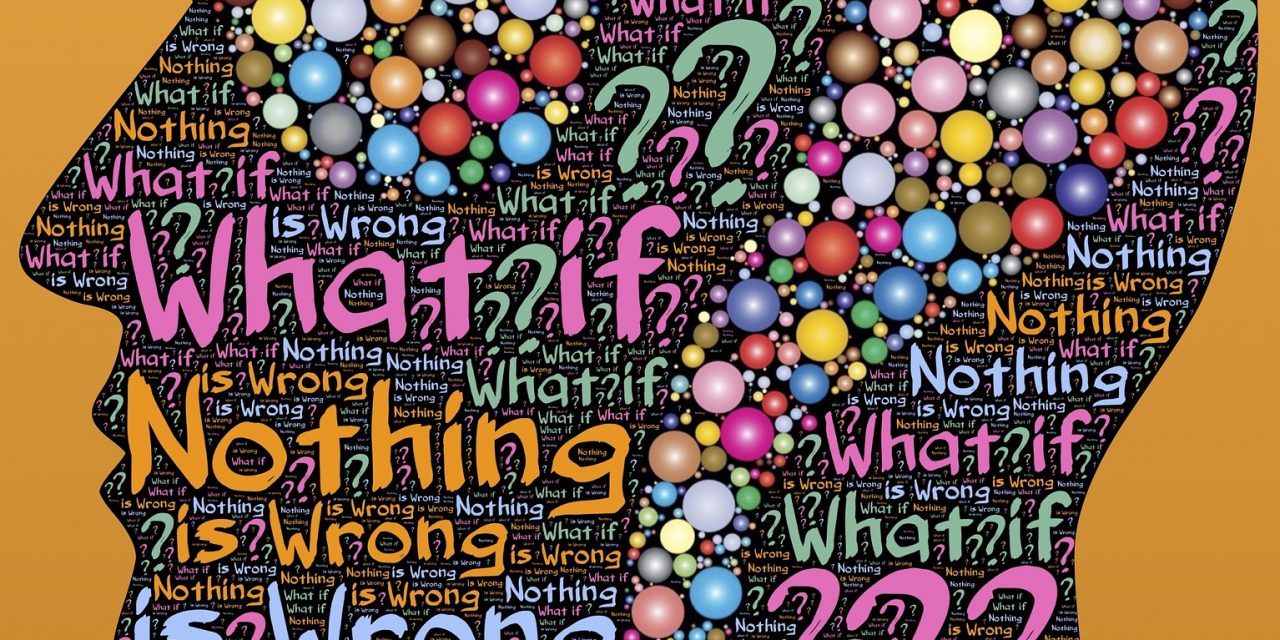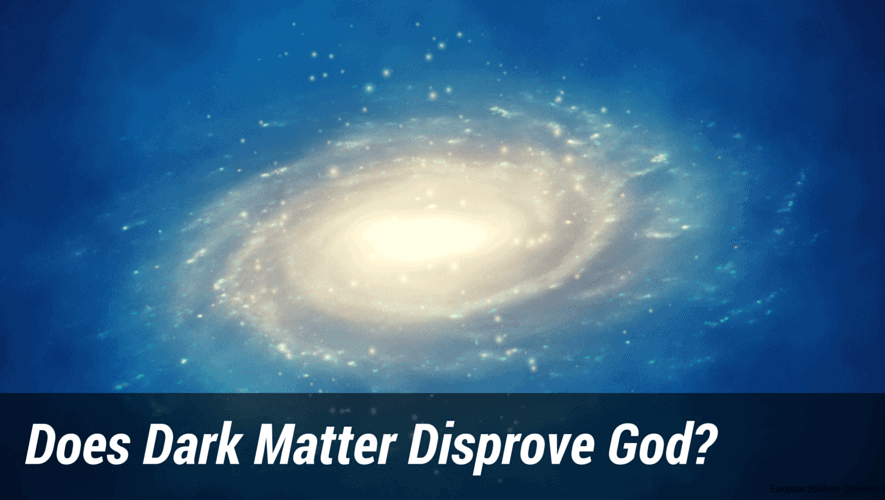Can we be good without God? In order to answer this question, we must first understand the nature of ‘goodness.’ A definition, after all, must be objective, universal and timeless. In his latest book, Outgrowing God, Richard Dawkins attempts to say that we can be good without God. This article examines his perception of goodness, and repudiates his proposals that we can be moral without any defined, objective moral guidance.
Dawkins’ Argument
Through a hypothetical conversation between two individuals, Dawkins probes the merits of different views on morality. Abby represents moral absolutism – the view that actions are intrinsically right and wrong. Connie represents consequentialism – the view that the moral value of an action is determined by its consequences. The conversation ends abruptly, with Connie admitting the incoherence of her own philosophy. Despite being a consequentialist, she upholds the absolutist belief that “causing suffering is wrong”. This is that last exchange:
Abby: “In your case you start by simply saying ‘Causing suffering is wrong.’ You offer no justification for that.”
Connie: “Yes, I admit that. But I still think my absolutist belief that ‘Causing suffering is wrong’ makes more sense than your absolutist belief, ‘It says so in my holy book.’ I think if anybody were to torture you you’d pretty quickly agree.”
Herein lies the crux of the debate. While both adhere to some form of absolute morality, there is a major difference between the two. Whereas Abby is pegged to some kind of objective moral law, her interlocutor is grounded in nothing but her own convictions. Indeed, Connie, with whom Dawkins positively identifies, has no basis for identifying suffering as ‘wrong’. In an atheistic framework nothing can be right or wrong. After all, let us remember what Dawkins’s position is: that we are the random, unintended products of a universe that just happens to exist. We will live for some decades, if we are lucky, before descending into oblivion. There is no objective purpose in our life, as we are unintended. There is no ultimate consequence to our actions, as we will all be non-existent at some point in the not-too-distant future. There is nothing ‘sacred’ about human life. The idea of anything being intrinsically meaningful is anathema to atheism.
This necessarily means that we can choose our morality for ourselves. Atheists can only label one action as right, and another as wrong. But why should one definition be better than another? If Nazi morality was to ‘purify’ the human race, then why is a more egalitarian morality any better? After all, these are all just value judgements in a world without intrinsic value. One may wish to affix value onto certain outcomes, but intrinsically they have no value and are all equally meaningless. We can say that ‘causing suffering is bad’, but we could also say that ‘causing suffering is good.’ Under atheism, neither really makes sense. Right and wrong, good and bad, are words without content.
Atheists, often uncomfortable with this grim reality, usually push back. One hears multiple arguments which seek to justify Connie’s perspective. A certain social action may be ‘good for our well-being’. Or it may be ‘good for social cohesion, for the furtherance of civilisation’. Or it may be ‘good for the continuation of the human race.’ Such responses only beg the question: why on earth is the continuation of the species a good thing? What does ‘a good thing’ mean in an atheistic worldview? Like a game of Whac-A-Mole, the same response will pop up in a different form.
The best one may do is to admit to their moral impulse – to admit one ‘feels’ as though their moral path is the right one. However, our moral impulses change over time, and vary from person to person. There is no reason to think that what one feels right at one time ought to be called ‘right.’

In fact, to imagine that people do things that they truly believe are wrong is profoundly naive. Not a single moral activist or person of influence would willingly pursue a path he deems ‘wrong’. That would be irrational. Indeed, the worst of crimes against humanity have been committed in the name of goodness. Hitler’s Germany committed genocide in the pursuit of biological purity. Mao’s Great Leap Forward resulted in the deaths of tens of millions. Today, atrocities are committed in the name of democracy and human rights. Scanning the entire human history, one cannot but be reminded of how the Quran describes the temptations of Satan:
He answered, ‘My Lord, since Thou hast adjudged me as lost, I will surely make evil appear beautiful to them on the earth, and I will surely lead them astray.” (15:40)
Thus making one’s own definition of morality does nothing to address the not-so-hidden reality – that what is truly moral has to be free from every human interference.
If we do not then define our own morals, with what choice are we then left? In truth, in a materialistic worldview, none whatsoever. That makes perfect sense. In a universe created without intelligence, we could not have been the intended end product. We are only by-products of an accidental universe. Any purpose we associate to ourselves has to be defined by ourselves alone. But then again, all definitions are equally meaningless. If we have no intrinsic meaning to our lives, every decision we make and every step we take is as amoral as any other.
Still Connie suggests that her stance makes more sense than the “it says so in my holy book” argument. But it only makes more sense because she ‘feels’ it does. But as we have seen, subjective feelings are not the most reliable guides to objective morality. The underlying premise in Connie’s thinking is of course atheistic, so she can feel whatever she wants – that does not mean that her worldview admits the reality of morality.
The Religious Perspective
If the atheist perspective rejects the existence of real morality, then what is the religious perspective? It is simply this: that what is ‘right’ is what correlates with God’s Nature. It is not that God is good. It is that what is good is what is Godly.
After all, if God is the creator of all things, and if He did create us in His image, the nature of our own goodness has to correspond to the Nature of God. This principle is illustrated beautifully by the founder of the Ahmadiyya Muslim Community, Hazrat Mirza Ghulam Ahmad, on whom be peace:
“As a child partakes somewhat of the features and character of his parents, in the same way souls, which have proceeded from the hand of God Almighty, partake somewhat of the character and qualities of their Creator.” (Essence of Islam, Vol II)
Thus, from a religious perspective, the path which directs us to God is what is ‘right’, and the path which directs us away from God is what is ‘wrong’. The Holy Quran commands:
And follow the nature of Allah after which He fashioned all mankind. (30:31)
In other words, we are commanded to inculcate within ourselves God’s attributes, albeit in our limited human capacity. Why? The Holy Qur’an explains:
“And I have not created the Jinn and men but that they may worship Me.” (51:57)
In a brief expression, God informs us of the sole purpose of our existence, which is to worship Him. ‘Worship’ in Arabic denotes much more than mere physical expressions of prayer. To worship God is to submit to His will entirely, and to serve Him alone. But it is even deeper than that. It is to receive the impress of God, to assimilate His attributes in every moment of our lives. This is the very nature of our being. It is where we ought to be, and is the only means to find true contentment. The path of becoming Godly is the pre-determined path of our spiritual evolution. Any other path is damaging – not to God, or to anybody else – but to our very own soul:
And by the soul and its perfection —And He revealed to it what is wrong for it and what is right for it —He indeed truly prospers who purifies it, And he who corrupts it is ruined. (91:8-11)
Aye! it is in the remembrance of Allah that hearts can find comfort; Those who believe and do good works — happiness shall be theirs, and an excellent place of return.’ (13:28-29)
Thus, in principle, no holy book can endorse an action that causes disgust to emanate from the unsullied nature of our very own souls.
What if We Disagree with Scriptural Morality?
So far, we have seen that atheism rejects the concept of morality – everything is equally as amoral as anything else. We have also seen that religion claims that what is moral is what aids us to fulfil our purpose – to know God, and in order to do this, we must become like God – to adopt attributes that we refer to as ‘good.’ Religion tells us that this is our inherent inclination, and that the reason why we see actions such as torture as wrong, is because our souls are inherently inclined towards Godliness, and causing unjust suffering is ungodly.
There are objections that could be made. Recalling Connie’s argument will be a good starting point:
Connie: “… I still think my absolutist belief that ‘Causing suffering is wrong’ makes more sense than your absolutist belief, ‘It says so in my holy book.’ I think if anybody were to torture you you’d pretty quickly agree.”
Connie regards torture as ‘wrong’ (and expects Abby to) only because it strikes against her inner self, which others would identify as her soul. What this should suggest to Connie, and indeed Dawkins, is that torture cannot be a teaching of God, as it would be ungodly. But here there is a snag. What if we disagree with scriptural morality? Should we then throw away the scripture, and with it, the entire idea of religious morality? How could God reveal something in our hearts at variance with that in his books?
The entire question is misconceived. Holy books shouldn’t be condemned with disdain simply because one deems some of its moral teachings to be ‘wrong’. There may be a myriad of reasons that allow for the book to be holy, despite the apparent conflict between natural and revealed morality.
For example, it may be that the concerned scripture is no longer in its original form. Given that multiple scriptures abound, it’s conceivable the concerned scripture has outlived its dispensation and has been corrupted at the hands of men over the ages. Indeed, if God exists, He could not endorse wildly conflicting scriptures to exist at the same time – and that has to be reconciled. Dawkins certainly questions the authenticity of the Bible in one of his chapters, but it seems to have never occurred to him that perhaps it is not the original authors of the Bible that are at fault per se, but its transmitters and those behind its modern arrangement.

The preservation of the Quran, however, through oral and written means is unparalleled in history, something which Dawkins certainly failed to comment on. Moreover, the Quran itself claims that it is everlasting, applicable for all times to come.
But what if our own moral sensibilities conflict with what we think is an authentic religious text? Does that mean that we should reject the text? No, because, as mentioned earlier, our own moral impulses are an unreliable guide. The problem may not be with the scripture at all, but with ourselves. Our vested interests, desires, or biases may have clouded our judgements and blurred our spiritual vision. Perhaps we have been socially indoctrinated to accept a principle that ought not to have been accepted. What may appear to be our moral compass may actually be the product of drawn-out propaganda. Thus, given our innumerable prejudices how else then do we truly understand the scriptures? The Holy Quran commands us:
“And when thou recitest the Quran, seek refuge with Allah from Satan the rejected.” (16:99)
Here, the Quran commands Muslims to seek God’s protection from evil inclinations, and thus to maintain the purity of their own intentions, without which the Qur’an cannot be truly understood:
“That this is indeed a noble Qur’an, in a well-preserved Book, which none shall touch except those who are purified” (56:78-80).
Thus, in order to truly understand scriptures, it is insufficient to merely read the scriptures, like the reading of an academic text. One should also lead a righteous life and read into one’s own soul. Part of this is accomplished through prayer, steadfastness, sacrifice, and charity. We ought to assess the purity of our own hearts, the sincerity of our motives, and the underlying purpose for which we seek to scrutinise the scriptures. There are many who undertake decades of painstaking study to gain mastery in secular disciplines yet expect deep scriptural truths to be handed to them on a plate. Indeed, Dawkins showed no hesitance in declaring Islam as the ‘greatest force of evil today” without having even read its core scripture.
Conclusion
In conclusion, Connie’s own position testifies that what is good rests on moral foundations she cannot avoid and could not justify. Indeed, any explicit submission to an objective moral law would be tantamount to admitting the existence of a moral Law-giver, something which Connie – who typifies the atheist mind – could not do. Alternative justifications sought through cultural or evolutionary terms, for example, are at best explanations of how we know what we think we know is right. They do not explain that what feels right ought to be called ‘right’.
In a world created without intelligence, the only alternative is our personal belief, lost amidst an ocean full of conflicting others, each one as equally meaningless as the next. Yet, on the other hand, we all feel a voice crying out inside each one of us that there are actions that are absolutely wrong, and others that are truly right. Such an outlook ought to be an impulse which should propel us to sincerely seek God – nay, to dedicate our lives in search of God, for only then will we find the answers to our existence, to our purpose, and indeed to our morality.





![Astronaut Tim Peake: “The Universe Might Be Designed” [AUDIO]](https://rationalreligion.co.uk/wp-content/uploads/2018/08/4453909521_fd1ee53b89_b.webp)


